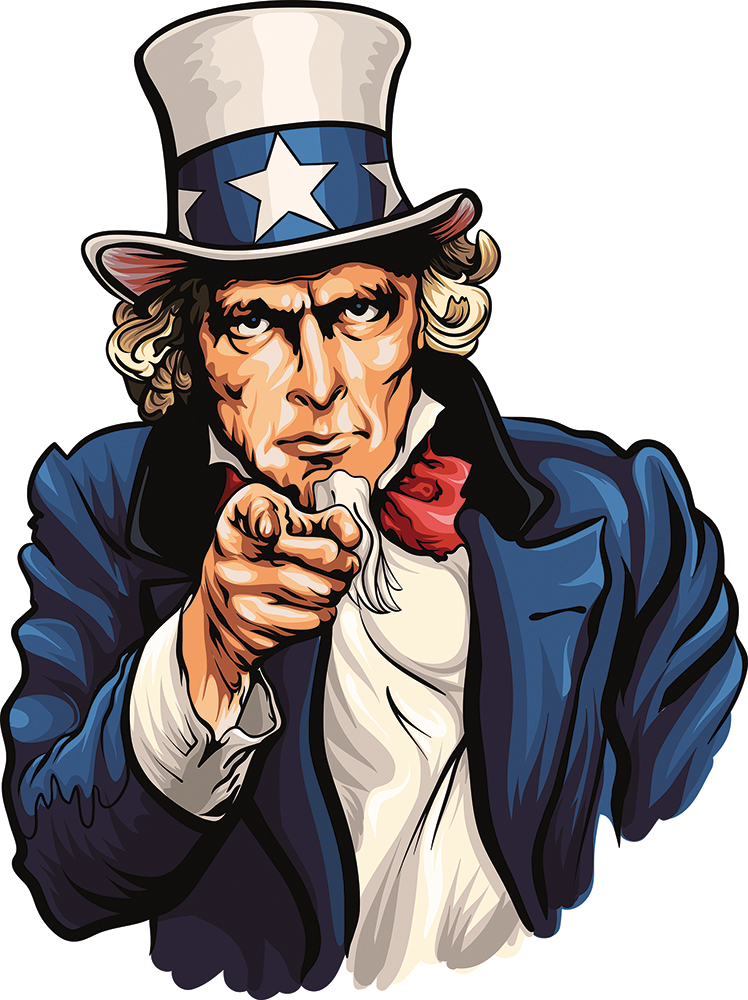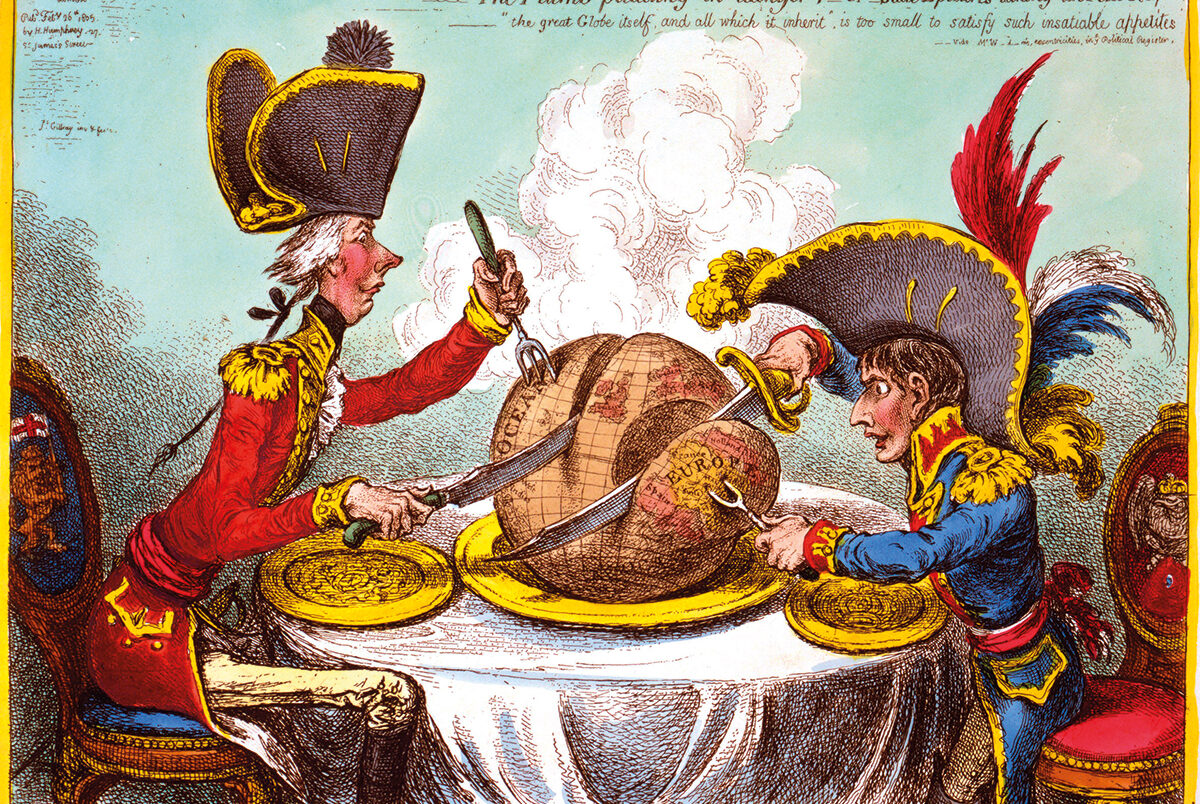The jaw-dropping, at times self-satirising, antics of certain populist politicians in recent years have sometimes left comedic commentators with little room for manoeuvre.
But satire is as vital as ever in these most troubling of times and few forms hit the target quite as skilfully or as succinctly as the political cartoon – which can also serve as an historical record of the mood of a country at a certain place in time.
Kiwi cartoonist Jeff Bell believes cartoons can be useful platform for constructive anger, for “making people think and feel”. “But mostly for me,” he tells The Learning Connexion, “it’s about looking at issues in an ironic way, pointing out hypocrisy and cutting through political spin.” While Pulitzer Prize-winning former Washington Post cartoonist Tom Tolls tells NPR that cartoonists, by their very nature, cause trouble, and “it takes a certain kind of editor that will put up with somebody that’s causing his inbox to fill up with things he doesn’t want to deal with”.
One (former) editor who may not have minded dealing with such things is George Osborne (even though as a former UK chancellor he’s been the butt of many a cartoonists’ ire), arguing that the artists manage to do “all the things in one drawing that a newspaper does throughout all of its pages”. Indeed, in some parts of the world, those cartoons’ purpose goes way beyond raising a wry smile over the breakfast bar. As Côte d’Ivoire cartoonist Lassane Zohoré notes, with illiteracy rates being so high on the African continent, cartoons help “awaken consciences” and raise awareness around social and political problem, cutting “across all themes”.
Two of the most world’s most famous political symbols – the donkey of the Democratic Party and the Republican Party’s elephant in the USA – were popularised by legendary political cartoonist Thomas Nast in the 1870s while working for Harper’s Weekly. Nast was also responsible for creating the iconic pointing white top hat-wearing Uncle Sam and the modern Santa Claus, earning him the title ‘father of the American cartoon’.

They’re an absolutely crucial aspect of news and how we communicate, and if a picture says a thousand words, “then a cartoon says a million”.
But the first father of the political cartoon was James Gillray, a British caricaturist and printmaker who began applying his satirical eye – and pencil – to current events nearly a century earlier. Gillray had a knack for savagely comic caricatures, explains the National Portrait Gallery, exposing “corruption and moral failings while mocking folly, greed and lechery” with drawings targeting everything from the French Revolution to the Napoleonic Wars and the British royal family. Drawn in 1805, Gillray’s ‘The Plumb-Pudding in Danger’ is considered one of history’s greatest political cartoons for its depiction of French emperor Napoleon Bonaparte and British prime minister William Pitt carving up a globe-shaped pudding, a damming indictment against the imperialist values of the time.
Alas, the outfits and the protagonists may have changed, but that cartoon’s themes remain relevant more than 200 years later. As, even more surprisingly, do political cartoons themselves, still gracing the pages – both print and online – of newspapers the world over, even if their influence has undoubtedly shrunk in the social media age. Many believe the artform’s days to be numbered, others, like the Guardian’s Steve Bell remain hopeful, recently telling York University that he’s still optimistic about cartooning because “politics has become so visual”.
“The thing that differentiates it from other commentary is the image for sure,” adds Tolls. “And the image is part of its strength – a great deal of its strength, actually. And it’s something that touches a more visceral spot in the brain.”
Kate Andrews, economics editor at The Spectator perhaps puts its best, arguing that they’re an absolutely crucial aspect of news and how we communicate, and if a picture says a thousand words, “then a cartoon says a million”.






